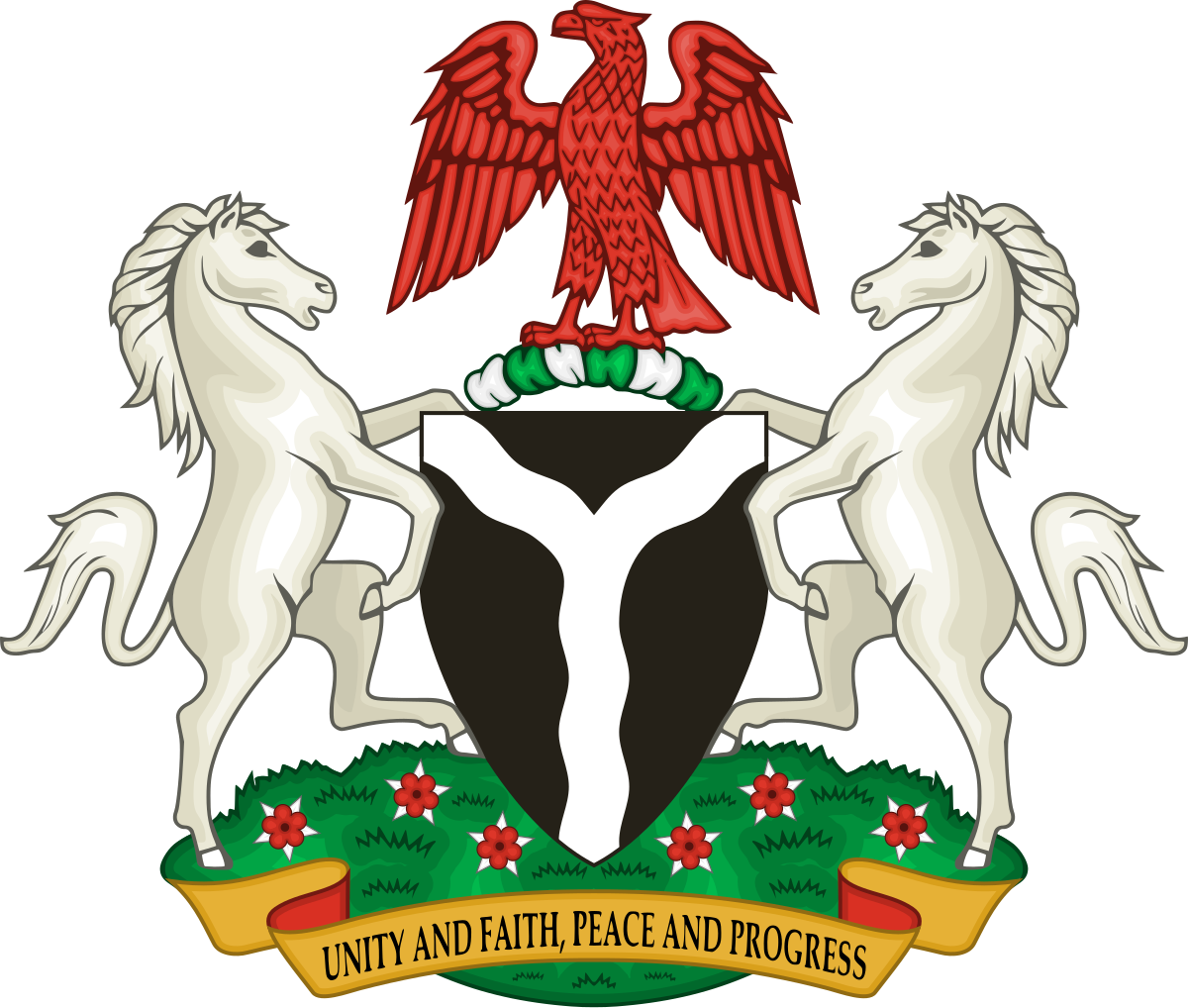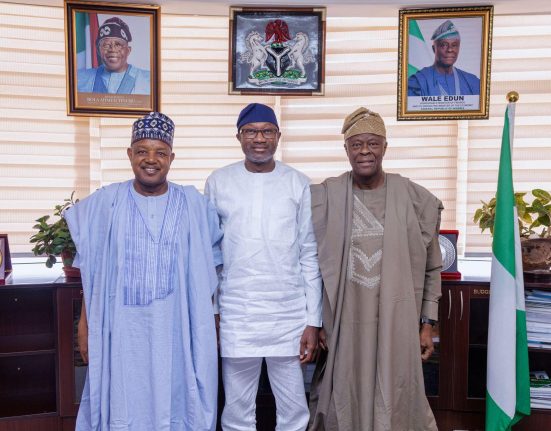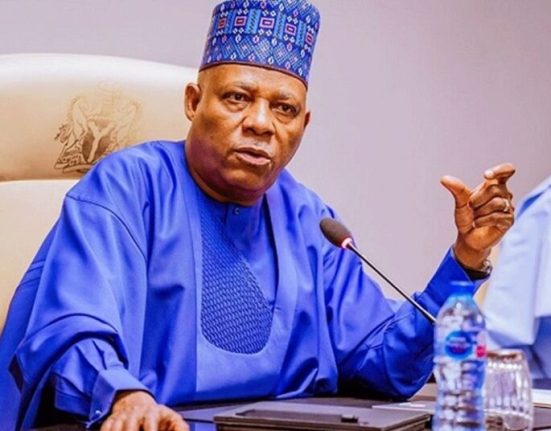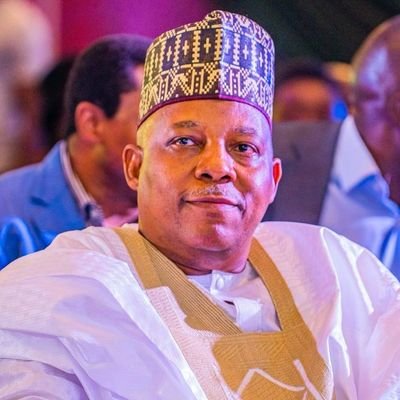In a move that has sparked nationwide debate, state governments have expressed firm opposition to a bill in the House of Representatives seeking to strip governors, their deputies, and the vice president of constitutional immunity from prosecution while in office.
The proposed legislation, which successfully scaled its second reading at the House of Representatives, aims to amend Section 308 of the 1999 Constitution. While the bill seeks to retain immunity for the president, it intends to subject other top executive officeholders to legal proceedings even before the expiration of their tenure.
At the plenary session on Wednesday, presided over by Deputy Speaker Benjamin Kalu,

lawmakers advanced the bill to the House Committee on Constitutional Review for further scrutiny. Proponents of the bill, including its sponsor, Hon. Solomon Bob,

argue that eliminating immunity for these officials will strengthen the fight against corruption and promote accountability in governance.
However, this move has been met with stiff resistance from state officials, legal experts, and political analysts, who caution that such a policy shift could lead to politically motivated litigations and unnecessary distractions from governance.
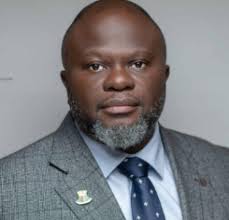
Oyo State’s Attorney General and Commissioner for Justice, Abiodun Aikomo, warned that removing the immunity clause would significantly hinder development at the state level. Speaking in Ibadan, he stated, “If these officials are subjected to criminal prosecution while in office, they will be constantly distracted from their primary duty of governance. The immunity clause exists to ensure that government functions are not disrupted by endless lawsuits.”
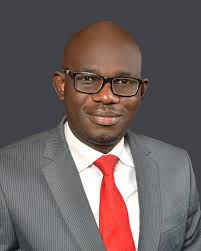
His counterpart in Ogun State, Oluwasina Ogungbade (SAN), echoed similar concerns, describing the move as one that could trigger a wave of politically motivated corruption allegations aimed at removing elected officials from office. He also questioned why the bill exempts the president while targeting other top government officials. “If immunity is truly unnecessary, why spare the president? A selective approach to constitutional amendments raises suspicions,” he argued.
The immunity provision under Section 308 of the Nigerian Constitution currently shields the President, Vice President, Governors, and Deputy Governors from legal proceedings while in office. It was designed to prevent distractions and ensure the smooth administration of government affairs. Critics of the proposed amendment argue that the existing legal framework already allows for post-tenure prosecution, making the removal of immunity unnecessary.
However, Hon. Solomon Bob remains adamant that the bill will usher in a more transparent and accountable leadership structure. Speaking in an earlier interview, he dismissed concerns over politically motivated lawsuits, insisting that public officeholders should not be shielded from accountability while in power. “If people know they can be prosecuted while still in office, they will exercise greater caution in their dealings. Waiting until they leave office before taking action against them is counterproductive,” he stated.
As the bill moves to the next stage of legislative deliberation, political watchers anticipate intense debate both at the state and national levels. While its supporters insist on the necessity of holding leaders accountable in real-time, opponents maintain that governance should not be bogged down by endless legal battles.
The coming weeks will determine whether lawmakers push forward with the controversial proposal or bow to pressure from states and legal stakeholders who insist that immunity remains a necessary safeguard in Nigeria’s democratic structure.

